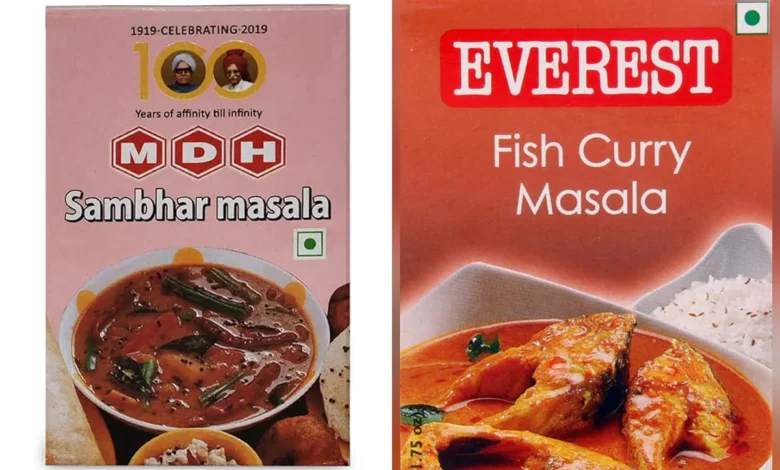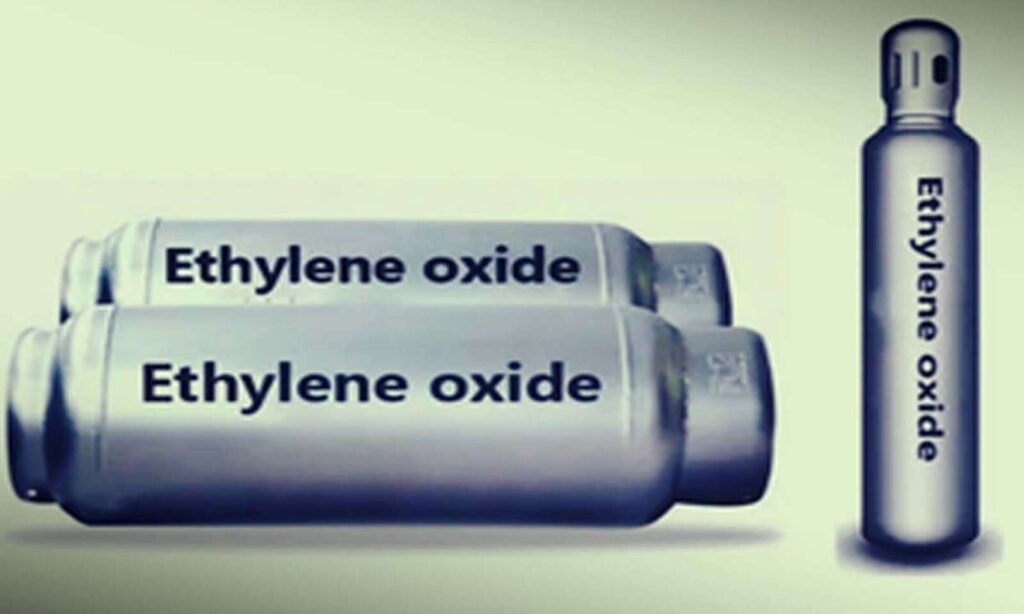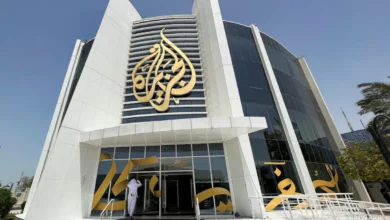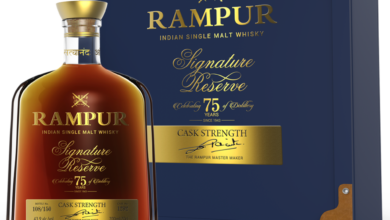Ethylene Oxide contamination in Indian food products: A concern for global health
527 food products that originate from India have been found to contain ethylene oxide, a known carcinogen

The food safety officials of the European Union have made a shocking discovery: 527 food products that originate from India have been found to contain ethylene oxide, a known carcinogen. This information has sparked concerns regarding the safety requirements for food products that are exported as well as the possible health dangers they may cause to people everywhere.
Colorless ethylene oxide is frequently used as a sterilizing and insecticide. It is categorized as a Group 1 carcinogen by the International Agency for Research on Cancer (IARC), meaning that it can cause cancer in people. The quantities of ethylene oxide observed in the Indian items were higher than the EU’s set limit of 0.1 mg/kg for food products.
Tests on different food products were carried out by the European Food Safety Authority (EFSA) between September 2020 and April 2024. A broad variety of product categories were examined; however, nuts and sesame seeds, herbs and spices, dietetic foods, and other various food products constituted the majority of the products tested. There were 2 feed items and 525 food items out of the 527 marked items. India was listed as the exclusive nation of origin for 332 goods, while other countries were included for the remaining items. 54 items in total, out of 527, had the label “organic.”
Because ethylene oxide can result in the creation of ethylene glycol, a byproduct found in cough syrups that has been connected to infant fatalities in Africa, its presence in these products is especially alarming. As a result of the EU’s findings, several consignments were taken off the market and 87 were rejected at the border. Indian authorities are responding to these concerns by implementing alternate techniques, such as gamma-ray therapy, to guarantee food safety.

This terrible event emphasizes the necessity of strict food safety laws and oversight to stop similar incidents from happening in the future. It also emphasizes how crucial international cooperation is to guarantee the safety of food items when they are consumed internationally. Several certifying agencies have been impacted by the European Union’s sanctions in the ethylene oxide pollution incident, in addition to MDH and Everest. The following companies were put on a “black list” and were no longer permitted to sell their approved goods in Europe:
CU Inspections India, Ecocert India, Indian Organic Certification Agency (Indocert), Lacon Quality Certifications, OneCert International.
These organizations were in charge of confirming the food products’ safety and organic credentials, however as a result of the scandal, their certifications are no longer recognized in the EU. It’s crucial to remember that these are organizations that certify the products for export, not the actual food makers.
You might also be interested in: Horlicks re branded as Functional Nutritional Drink: HUL dropped the health label



